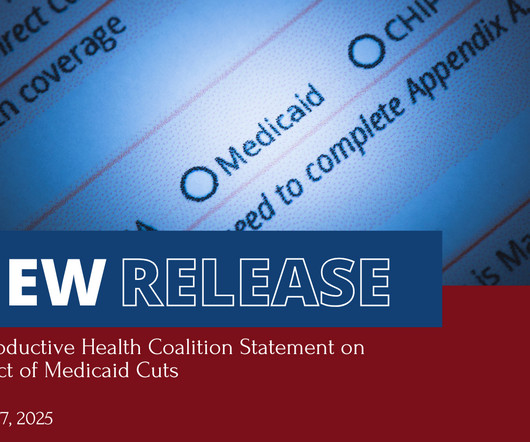Higher Dietary Calcium Intake May Up Risk of Benign Prostatic Hyperplasia
Physician's Weekly
JUNE 24, 2025
TUESDAY, June 24, 2025 (HealthDay News) — There is a significant positive association between dietary calcium intake and benign prostatic hyperplasia (BPH), according to a study published online May 30 in Translational Andrology and Urology. and those without hypertension. All rights reserved.












Let's personalize your content